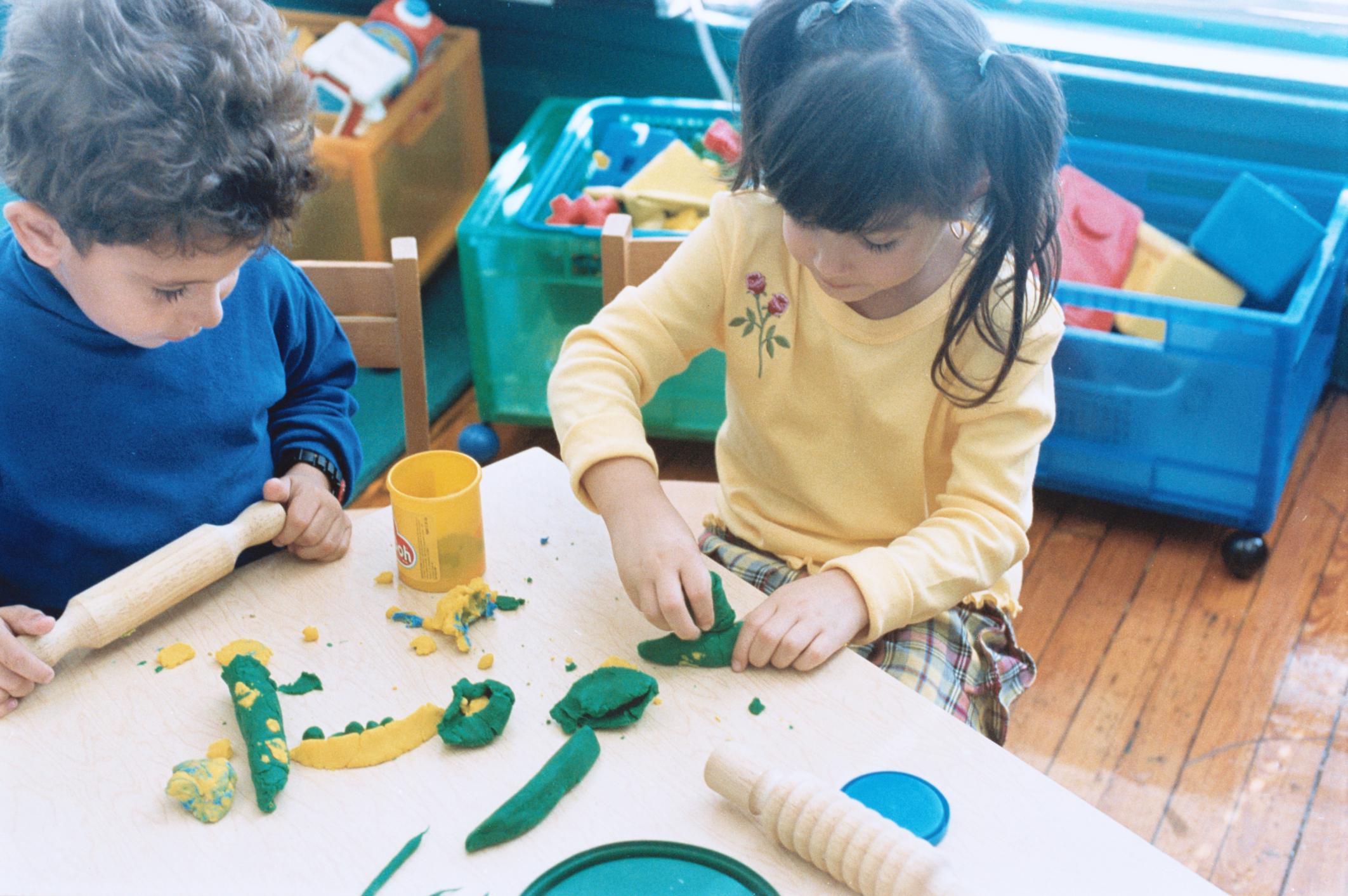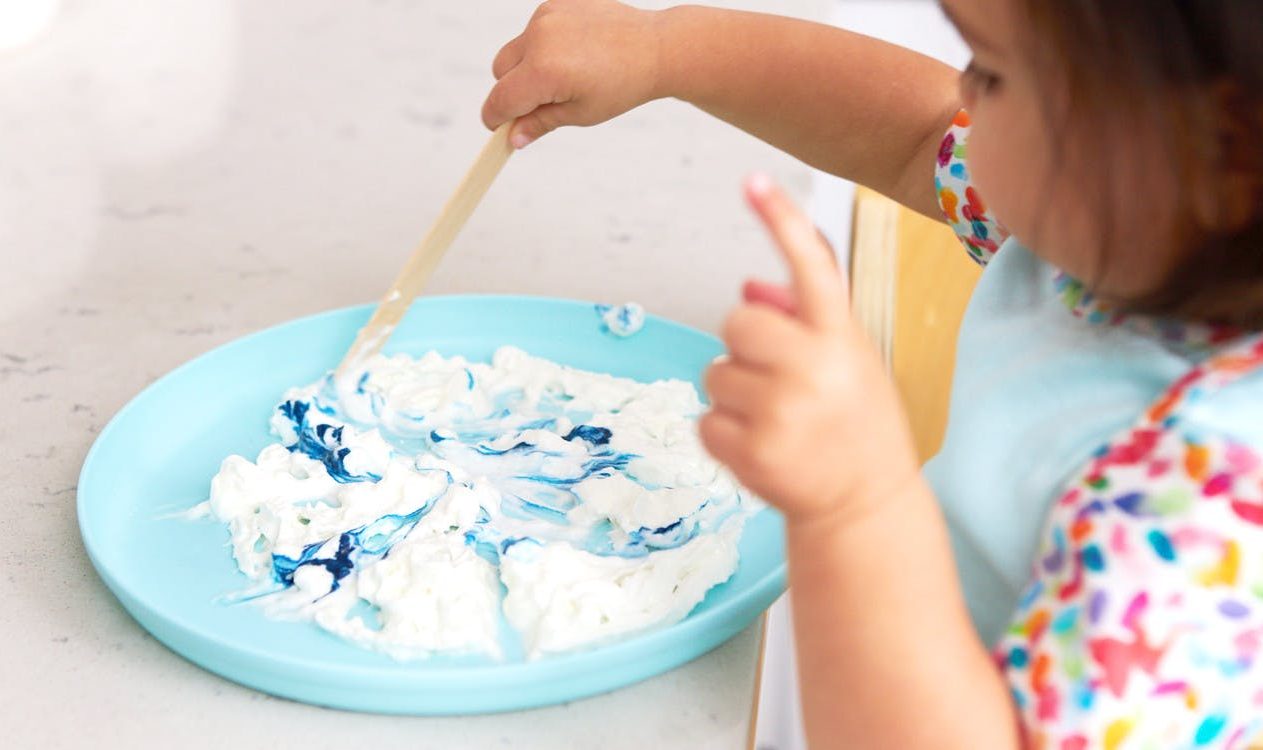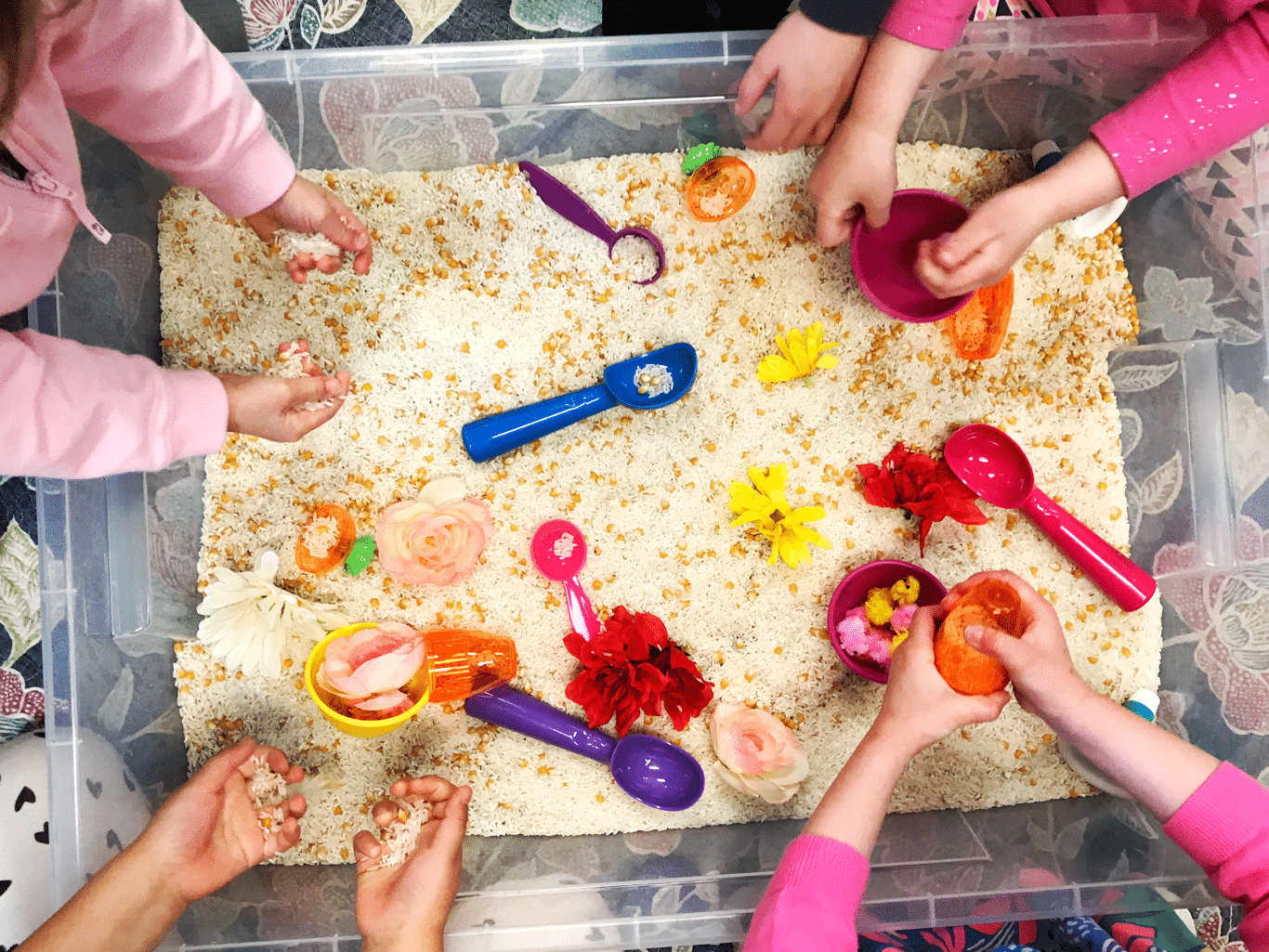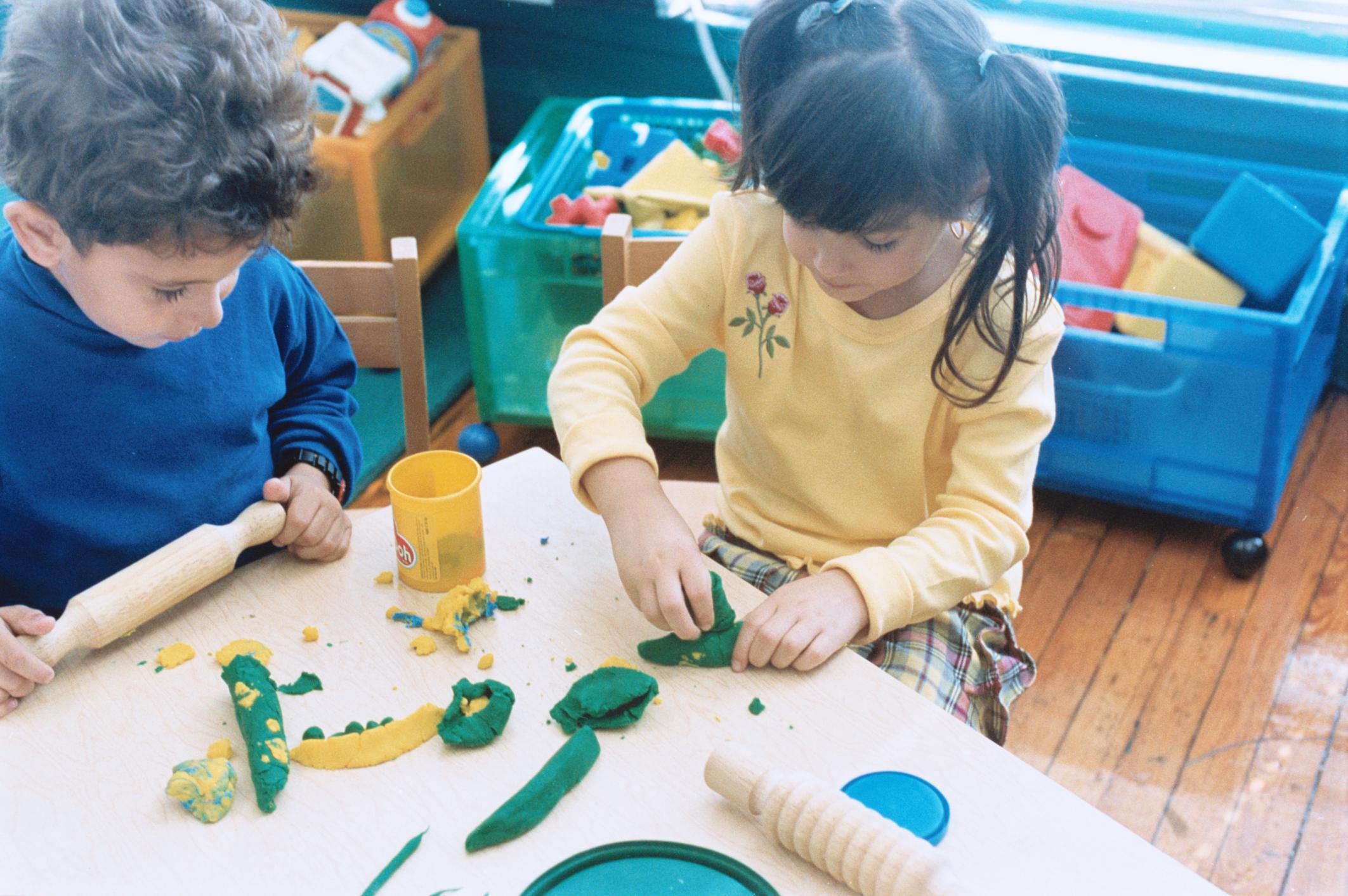Sensory play is a tactile hands-on play that emphasizes touch. We love using sensory bins, especially taste-safe slime for younger children, water play, and other activities for toddlers to preschoolers. Setting up sensory activities doesn’t have to be difficult. You can find the ingredients in the typical kitchen pantries.
 Credit: verywellfamily
Credit: verywellfamily
What advantages does sensory play have?
Play promotes social engagement and peer engagement as well as language development, cognitive growth, and fine and gross motor skill development. A child who is having trouble settling down can benefit greatly from sensory play, which is well known for helping kids develop mindfulness skills. Active play like this promotes the development of brain connections that enable ever-more complex ideas and tasks.
Reasons why sensory play is important
Young children can learn so much through this amazing game as they explore and learn more about the world with their hands-on senses! Additionally, sensory activities can help children relax, focus, and become engaged.
 Credit: lovevery
Credit: lovevery
Development of the brain
Early childhood sensory play is crucial for brain development because sensory stimulation is necessary for both the development of the senses and the mind. Synapses and brain functions related to perception can become stronger as a result of sensory activity. Children must be exposed to a variety of sensory experiences in order for their developing brains to acquire them.
 Credit: artfulparent
Credit: artfulparent
Manipulating food
Play with food is a great way for young children to learn about texture, taste, and smell. Although it can be messy, let your child to play with food while squishing, smearing, and tasting. It will allow them a sensory experience that aids in their learning. A study found that preschoolers who engaged in sensory play with fruits and vegetables were more likely to try other new foods. So let your child to play with new foods.




